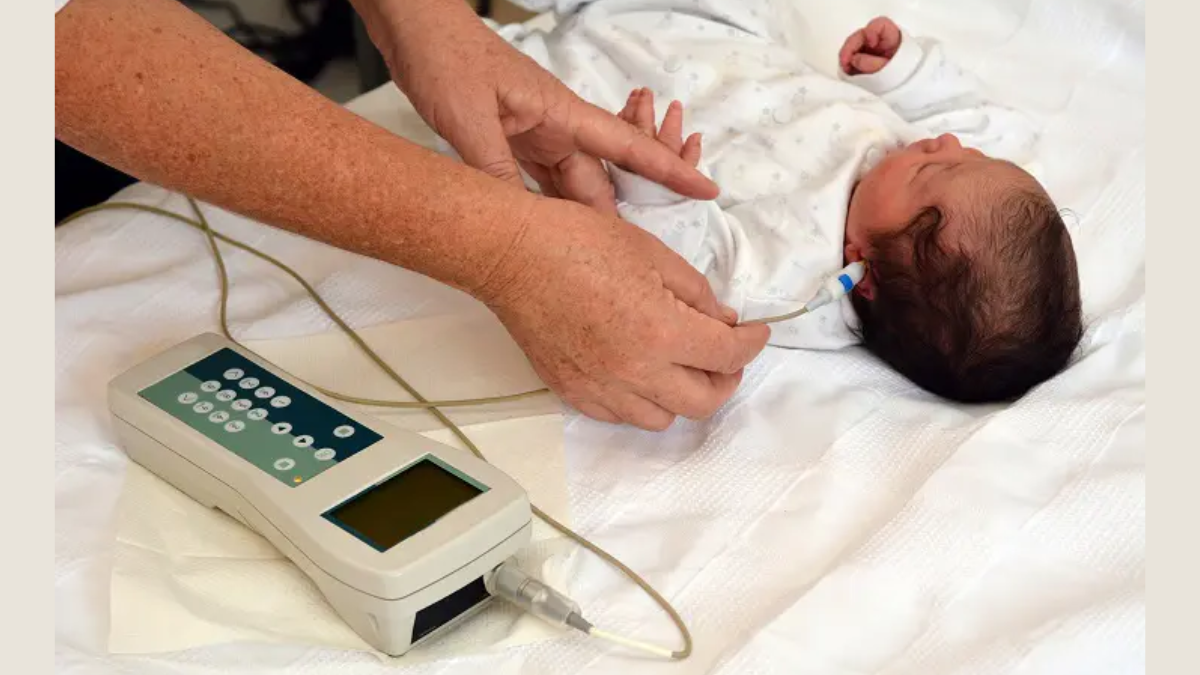
Speaking to GQ India, Ibrahim detailed how neonatal jaundice had a far-reaching impact on his life. “Soon after I was born, I had very bad jaundice, and that went straight to my brainstem,” he revealed. The damage affected his hearing significantly, which in turn impacted his ability to speak. “My speech is something that I’ve had to work hard on since I was a child, with coaches and therapists,” he added. Despite years of therapy, he says his speech still isn’t perfect, but he continues to persevere.
Table of Content:-
While jaundice in newborns is relatively common and often harmless, in some cases, it can lead to serious complications if left untreated, one of which is hearing loss that can significantly affect speech development, as in Ibrahim’s case.

How Severe Jaundice Affects the Brain
Jaundice occurs when there is an excess of bilirubin in the blood, a yellow pigment that forms during the normal breakdown of red blood cells. In newborns, whose liver function is still immature, this bilirubin can accumulate in the blood. If levels become too high, bilirubin can cross the blood-brain barrier and damage brain tissues.
Also Read: Mandira Bedi Spills Fitness Secrets at 53: Loves Ab Workouts, Hates Squats!
According to medical experts, one of the most vulnerable parts of the brain to this toxicity is the brainstem, especially the auditory pathways. Damage to these pathways can impair hearing, which is a crucial sense for developing speech. This condition, when bilirubin reaches toxic levels in the brain, is known as kernicterus—a rare but serious complication of untreated jaundice.

The Link Between Hearing Loss and Speech Delays
When bilirubin causes damage to the auditory nerve or brainstem structures involved in hearing, children may experience partial or complete hearing loss. This auditory impairment can lead to delayed or altered speech development. The inability to hear sounds properly during the critical stages of language learning can result in a lifelong speech impediment or communication difficulties.
Moreover, high levels of bilirubin can also affect other areas of the brain, potentially leading to cerebral palsy, developmental delays, and poor motor coordination. Early detection and intervention, such as speech therapy and hearing aids, become essential in managing these effects.

Understanding Kernicterus: A Preventable Danger
Kernicterus develops in stages, often beginning with signs of jaundice—yellowing of the skin, the whites of the eyes, and mucous membranes. If untreated, symptoms may progress to more serious complications, such as:
- Extreme fatigue or lethargy
- High fever
- Vomiting
- Seizures
- Involuntary muscle movements
Doctors typically diagnose kernicterus within one to three weeks of birth. Prompt treatment of neonatal jaundice through phototherapy or, in severe cases, blood transfusion can help prevent the condition from progressing.
Bottomline
Ibrahim’s story is a powerful reminder of how early health complications can shape a person’s life. It also underscores the importance of timely medical attention for conditions like jaundice in newborns. With proper diagnosis and care, serious outcomes like kernicterus can often be avoided. For parents, being aware of the symptoms and acting quickly can make all the difference in safeguarding a child’s future development, both physical and cognitive.
Also watch this video
How we keep this article up to date:
We work with experts and keep a close eye on the latest in health and wellness. Whenever there is a new research or helpful information, we update our articles with accurate and useful advice.
Current Version
